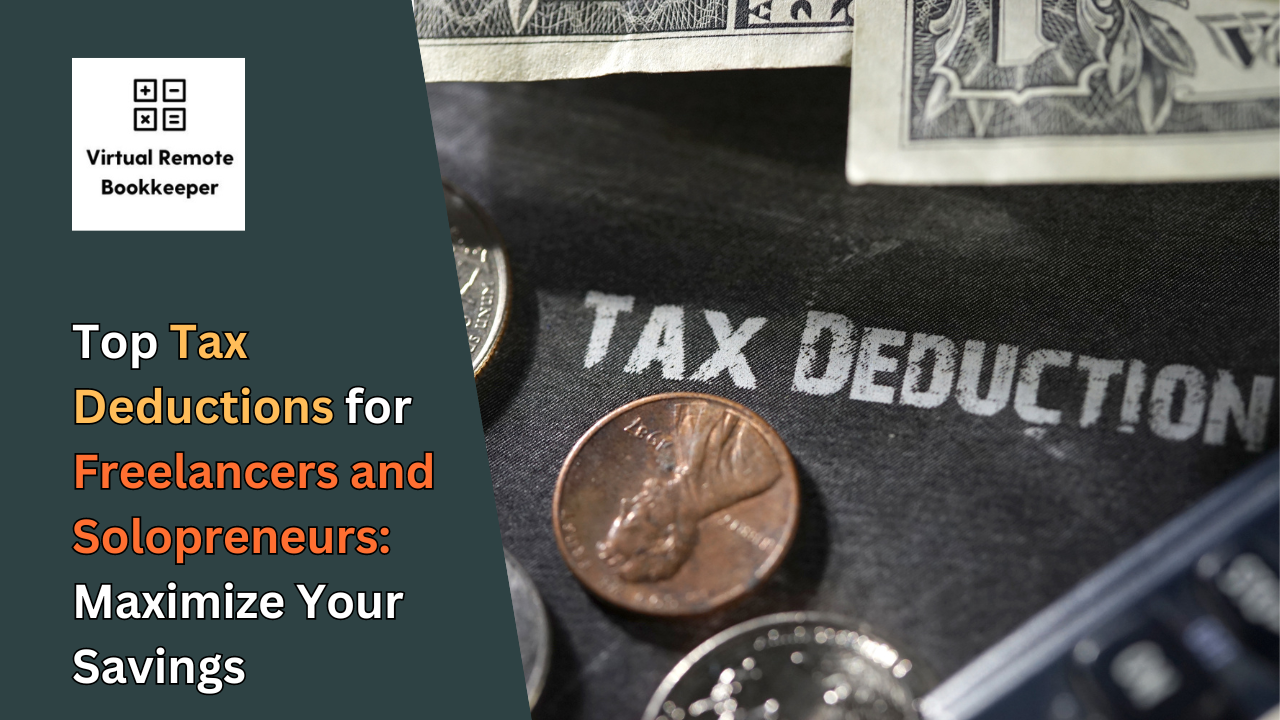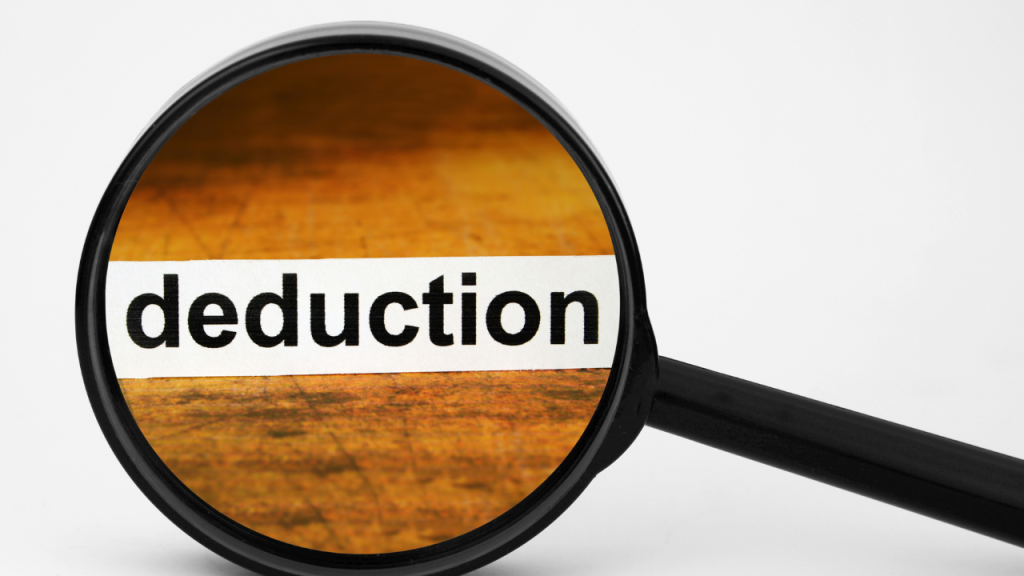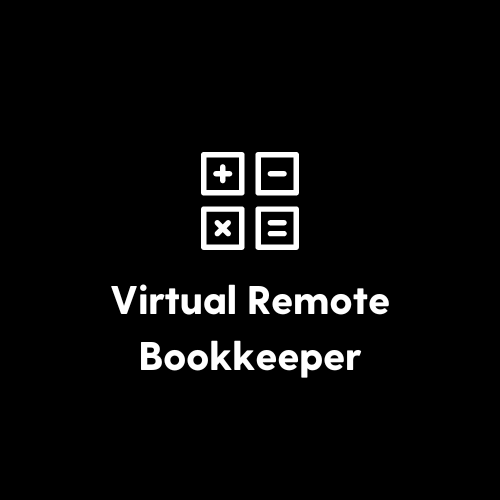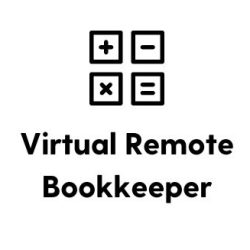
As a freelancer or solopreneur, understanding the tax deductions available to you can significantly reduce your tax liability and help boost your bottom line. Tax season doesn’t have to be overwhelming if you know what expenses you can deduct. This guide will walk you through the top tax deductions you should take advantage of as a freelancer or solopreneur.
1. Home Office Deduction
One of the most common and valuable deductions is the home office deduction. If you use a dedicated part of your home exclusively for work, you can claim a portion of your home-related expenses. These expenses include:
- Rent or mortgage interest
- Utilities (electricity, internet, phone)
- Maintenance and repairs
- Property taxes
There are two methods to calculate the deduction: the simplified method, where you can deduct $5 per square foot of your home office (up to 300 square feet), and the actual expense method, where you calculate the percentage of your home used for business.
2. Self-Employment Tax Deduction
As a freelancer or solopreneur, you’re responsible for both the employer and employee portions of Social Security and Medicare taxes, which can add up. The good news is that you can deduct half of this self-employment tax when calculating your adjusted gross income (AGI). This deduction doesn’t reduce your self-employment tax but does reduce your taxable income.
3. Health Insurance Premiums
If you pay for your own health insurance, you can deduct the cost of premiums for yourself, your spouse, and your dependents. This deduction is especially valuable since health insurance can be a significant expense for solopreneurs. However, to qualify, you must not be eligible for any employer-sponsored health insurance.
4. Business Meals
You can deduct 50% of the cost of meals directly related to your business. This includes client meetings over lunch or dinner and meals during business travel. Be sure to keep records of the business purpose of the meal and who was in attendance.
5. Supplies and Equipment
Expenses related to supplies and equipment necessary for your business are fully deductible. This includes:
- Office supplies (paper, pens, etc.)
- Software and tools (accounting software, design tools)
- Office furniture and equipment (laptops, printers)
For larger purchases, like computers, you may be able to deduct the full amount in the year of purchase using Section 179, or you may depreciate the cost over several years.

6. Internet and Phone Bills
If you use the internet and phone for your business, you can deduct a portion of these expenses. If you have a dedicated business phone or internet line, the entire cost is deductible. For shared lines (personal and business), you can deduct the percentage related to your business use.
7. Travel Expenses
If you travel for business, you can deduct various travel-related expenses, including:
- Airfare, train, or bus tickets
- Lodging
- Rental cars or other transportation
- Meals (subject to the 50% rule)
- Other necessary travel expenses, such as dry cleaning or tips
Make sure your travel is business-related and properly documented.
8. Professional Services
If you hire any professional services, such as accountants, bookkeepers, or consultants, these fees are fully deductible. This includes legal fees, tax preparation fees, and any other services directly related to running your business.
9. Marketing and Advertising Costs
Any expenses incurred to promote your business are deductible. This includes website hosting fees, social media ads, Google Ads, business cards, and other forms of advertising.
10. Education and Training
If you invest in improving your skills or gaining new knowledge related to your business, you can deduct the cost of courses, webinars, books, and workshops. This deduction applies as long as the education is related to your current business, not a new career.
11. Retirement Contributions
Freelancers and solopreneurs can also set up retirement accounts like a SEP IRA, Solo 401(k), or SIMPLE IRA. Contributions to these plans are tax-deductible and can significantly reduce your taxable income while helping you save for retirement.
12. Software Subscriptions
If you use any subscription-based services or software for your business, such as accounting software (QuickBooks), design tools (Adobe Suite), or cloud storage (Google Drive), these are fully deductible as a business expense.
Conclusion: Maximize Your Tax Savings as a Freelancer or Solopreneur
Navigating taxes as a freelancer or solopreneur can seem daunting, but knowing these key deductions can make a significant difference in how much you owe. Keep accurate records, save receipts, and consult with a professional to ensure you’re claiming every deduction you’re entitled to. The more deductions you claim, the more money you can keep in your business.


